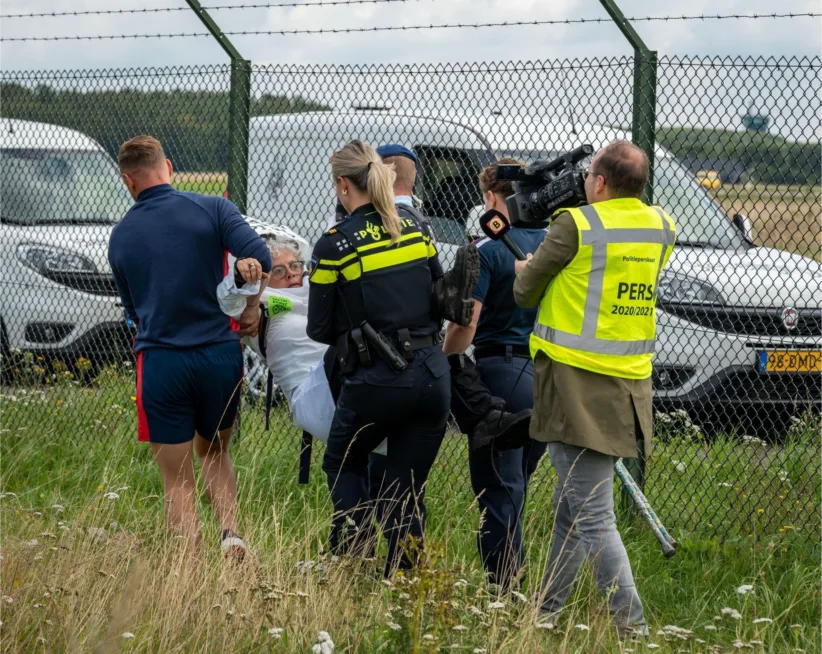The obligation to remove foreign nuclear weapons
Within 90 days after becoming a state party to the Treaty on the Prohibition of Nuclear Weapons (TPNW), Belarus, Belgium, Germany, Italy, the Netherlands, Türkiye, and the United Kingdom would each be obliged to ensure the removal of any foreign nuclear weapons that they then host on their territory. The political opposition in Belarus continued in 2024 to take a strong stance against deployment of Russian nuclear weapons in their country. Previous progress towards the removal of the remaining US nuclear weapons deployed in Europe has currently stalled.

Belgium, Germany, Italy, the Netherlands, and Türkiye have a remaining total of approximately 100 US nuclear bombs stationed in US Air Force bases on their territories. In the United Kingdom, the return of US nuclear weapons, possibly on a short-term basis, has been expected for some time. In the case of Belarus, it claims to have Russian nuclear weapons deployed on its territory, but while nuclear-capable missiles have been confirmed to be there, it is not certain that Russia has indeed deployed nuclear warheads. Nuclear weapons owned by either the United States, the Soviet Union and the United Kingdom are believed to have previously been hosted by and withdrawn from a total of at least 19 further states, in some cases even without their knowledge.
For more information on this obligation, see the 2024 edition of the Nuclear Weapons Ban Monitor.
ARTICLE 4(4) - INTERPRETATION
- Under Article 4(4), any state party with foreign nuclear weapons in its territory or in any other place under its jurisdiction or control is obligated to ensure their prompt removal as soon as possible but not later than a deadline to be determined by the First Meeting of States Parties.
- The First Meeting of States Parties in 2022 agreed upon a deadline of a maximum of 90 days for such removal, which is a binding rule upon all states parties.
- Upon removal, the territorial state party is required to submit a declaration of full compliance to the Secretary-General of the United Nations.